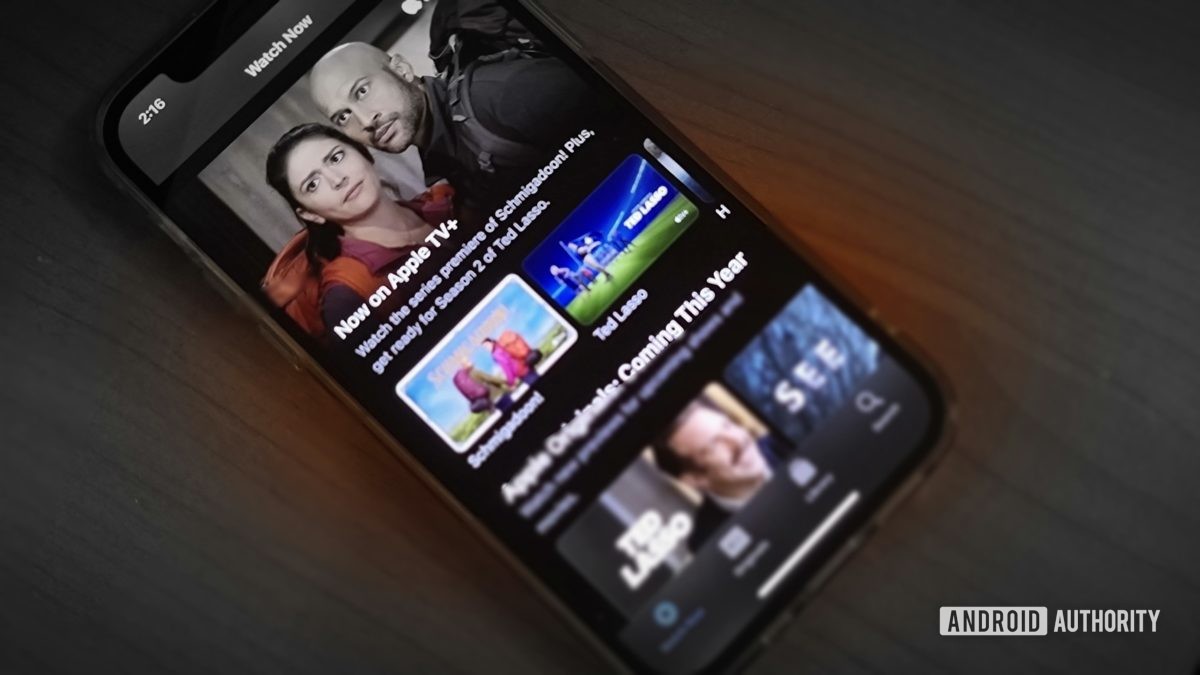 Credit: Adamya Sharma / Android Authority
Credit: Adamya Sharma / Android Authority
With Ted Lasso’s second season breaking Apple TV Plus records and earning must-see-TV status, it’s worth asking: has Apple TV Plus finally made it to the streaming big leagues?
HBO Max and Disney Plus have possibly been the biggest streaming launches since the days of Netflix and Amazon Prime dominating the game, virtually alone at the top.
Despite being a major tech company, though, Apple had trouble making the same kind of splash without a massive library of titles to draw from. What’s that they say about quantity and quality, though?
Check out: 14 Apple TV Plus shows you should watch
With a relatively tiny collection of films and series, Apple TV Plus has something most streamers don’t: a shockingly high batting average for quality programming. Apple has consistently put out top-tier programming that rivals the prestige output of its much bigger competitors.
So how did Apple TV Plus go from its dark horse, late entry into the streaming game, to possibly the most reliable subscription service on the market? Read on for a breakdown of Apple’s slow, quiet rise.
A rocky move into the streaming game
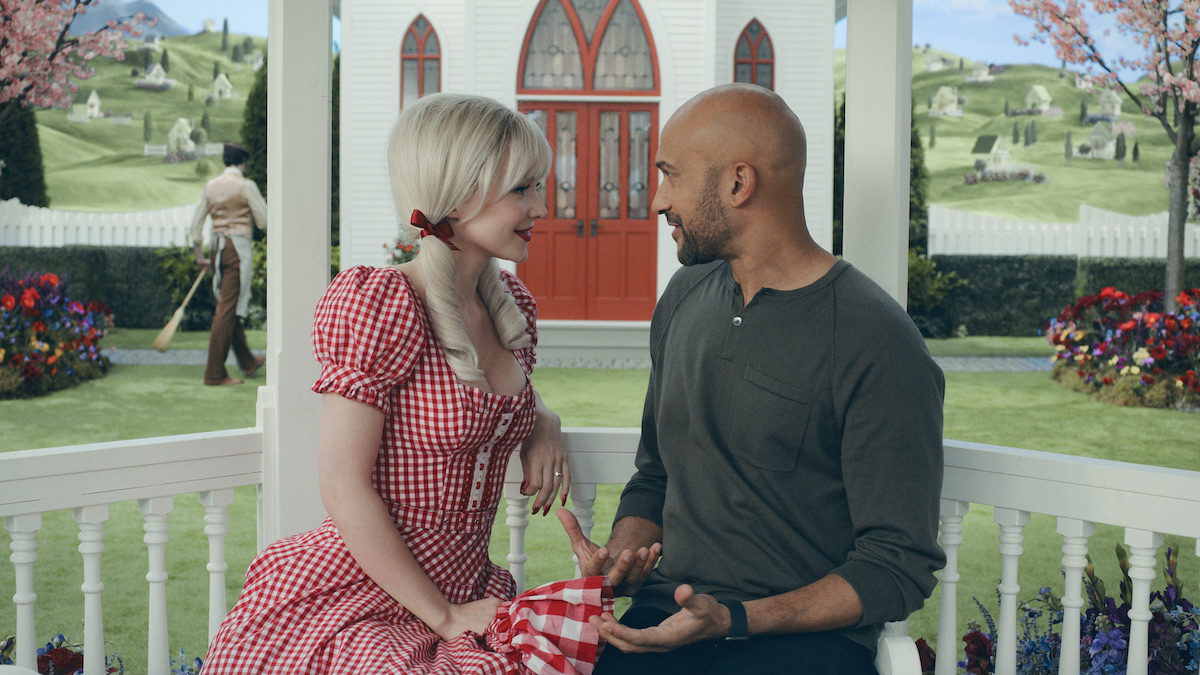
Apple didn’t seem too sure of how to move forward when it first started floating the idea of a dedicated streamer.
Plans for original programming came up as early as 2015, when Apple was already producing music-centric series and films at Apple Music.
In 2017, Bloomberg reported that the streaming plan at Apple included shying away from the “nudity, raw language, and violence that have become staples of many TV shows on cable or streaming services.”
While it raised eyebrows at first, Apple hasn’t shied away from mature themes.
That raised some eyebrows as an oddly conservative move. At the time, Game of Thrones and Westworld were doing big business at HBO, and streamers like Hulu and Netflix had distinctly adult fare with hit titles like The Handmaid’s Tale and Orange Is The New Black, respectively.
Luckily for everyone, something must have changed. By the time Apple TV Plus launched in November 2019, its initial slate, which did include family programming, didn’t shy away from adult-centric content. The highly-anticipated The Morning Show, which came with a “Mature Audiences” rating, dealt with issues of sexual harassment and assault in the workplace. Even more graphic in its depictions of violence was the science-fiction original See about warring factions in a future where nearly all of humanity is blind.
As new Apple shows like M. Night Shyamalan’s Servant, Mythic Quest, and The Mosquito Coast have rolled out, one would be hard-pressed to call Apple averse to mature themes.
A solid business model
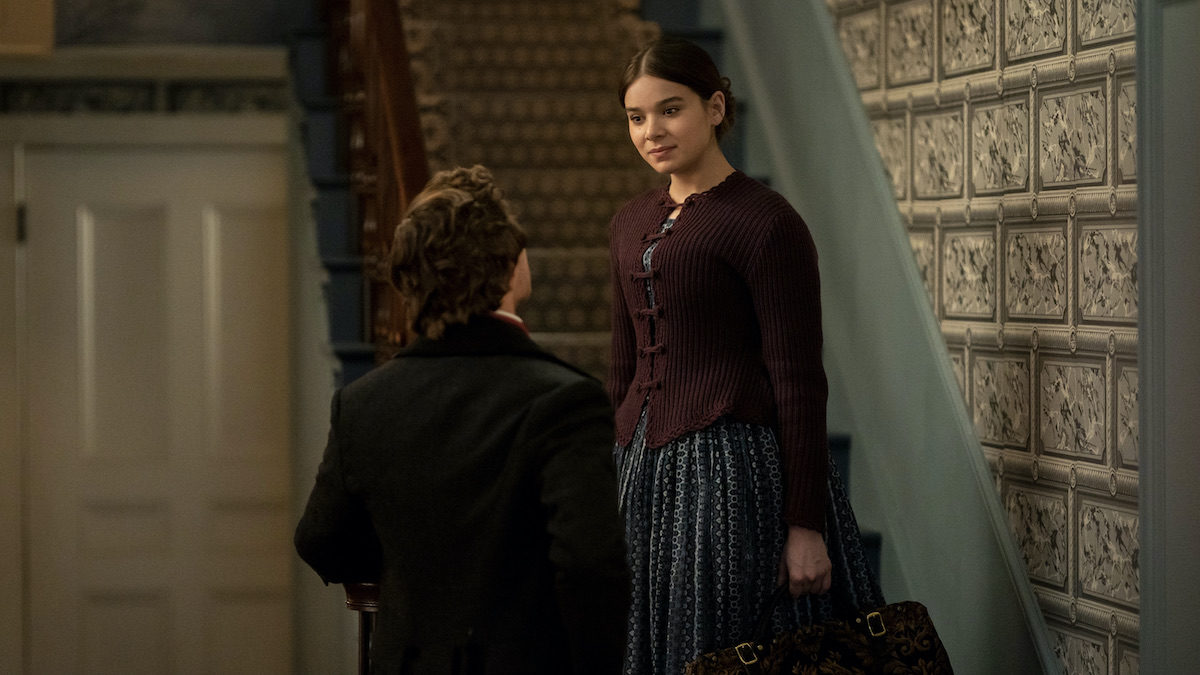
As Android Authority‘s own Adamya Sharma has argued, Apple developed a simple but clever rollout strategy for its originals.
You get all original content, with no filler, at a reasonable price ($4.99/month). And episodes are released in threes, parceling out your favorite shows in digestible quantities and keeping momentum up week-to-week.
Though as more series have dropped, Apple has switched to opening some seasons with two episodes. Then one per week for the rest of the season, with second seasons skipping ahead to a one-per-week rollout from day one.
Quality over quantity is the name of the game.
Resistance to weekly TV rollouts is understandable. The full-season-binge model pioneered by Netflix gives the viewer all the control. But it comes at a cost. TV is best as event viewing and fodder for the water cooler, literal or virtual in these times. Not everyone watches at the same rate, given 10 or so episodes in one fell swoop. “How far in are you?” isn’t quite as good a conversation starter as “have you seen the latest episode?”
Disney Plus, Apple TV Plus, and HBO Max have created appointment viewing with series like WandaVision, Ted Lasso, and The Flight Attendant, respectively. They were all conversation starters, and the conversation lasted. By giving us a head start with a few episodes at first, followed by weekly scheduling, we’re getting the best of both worlds from Apple.
A small but strong initial slate
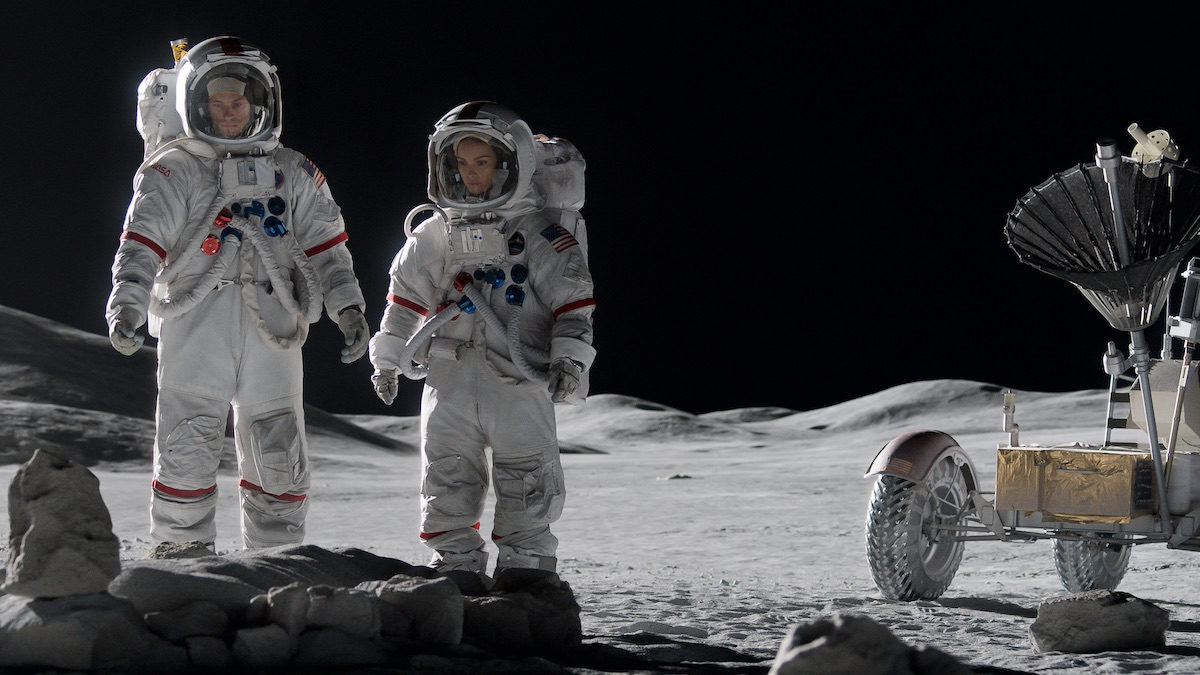
More than the format or price, the quality of Apple TV Plus’ output has set it apart. Apple doesn’t pad its library with whatever it has the rights to, because all it has is original content. That means the streamer launched with just a handful of titles.
Among those were some grade-A shows, and viewers showed up. Every show that premiered November 1, 2019 with the streamer has been renewed.
Apple doesn’t have the luxury of leaning on a back catalog to fill gaps in its original programming.
Among these is flagship series The Morning Show, which quite adeptly handled the #MeToo movement. It offered the story of a morning show recovering from the loss of its popular co-host, revealed to be an abuser. The Morning Show had a stellar cast and handled difficult subject matter with a level of nuance and intelligence that frankly surprised me.
See and For All Mankind didn’t have quite the same buzz, but both handily carried their weight. See has a slightly absurd premise, but the Jason Momoa-starring series has heart and style. Its sophomore season is one I’m excited to watch. Meanwhile, For All Mankind, with its alternate history of NASA having to play catchup when the Soviets are the first to land on the moon, is easily among the best series of the last decade.
Apple TV Plus shows are among the best
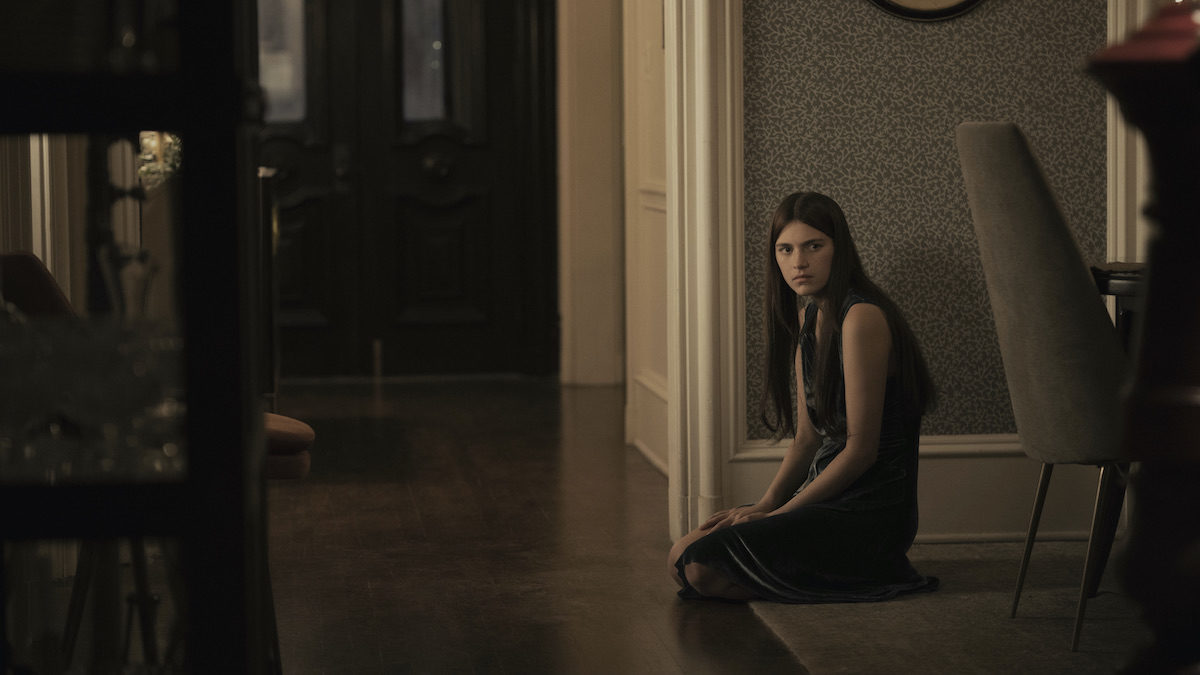
As good as that first slate of Apple TV Plus shows was, plenty more great TV followed.
M. Night Shyamalan’s Servant has to be one of the great, unsung TV masterpieces of the day. The series follows a couple who hires a nanny to look after their baby, a life-like replica of the child they lost, only for the child to miraculously come to life. What follows is two seasons (so far) of completely unpredictable twists and turns, all steeped in a brilliant, gothic ambiance. Shyamalan is joined behind the camera by some big horror names like Nimród Antal and Julia Ducournau.
Read: M. Night Shyamalan movies ranked
Other impressive Apple TV Plus shows include Dickinson, an irresistible updated retelling of Emily Dickinson’s teen years, along with clever madcap comedies like video game love letter Mythic Quest and musical comedy sendup Schmigadoon.
And of course, Ted Lasso has earned its reputation as a refreshingly upbeat and absolutely hilarious comedy, with the season 2 premiere bringing in the biggest audience of any Apple Plus original movie or TV show. The fish-out-of-water show follows an American football coach tasked with heading up a British soccer — er, football — club despite no knowledge of the game or expertise save for an infectious enthusiasm and stand-up sense of sportsmanship.
Apple TV Plus movies: A home for hit indies?
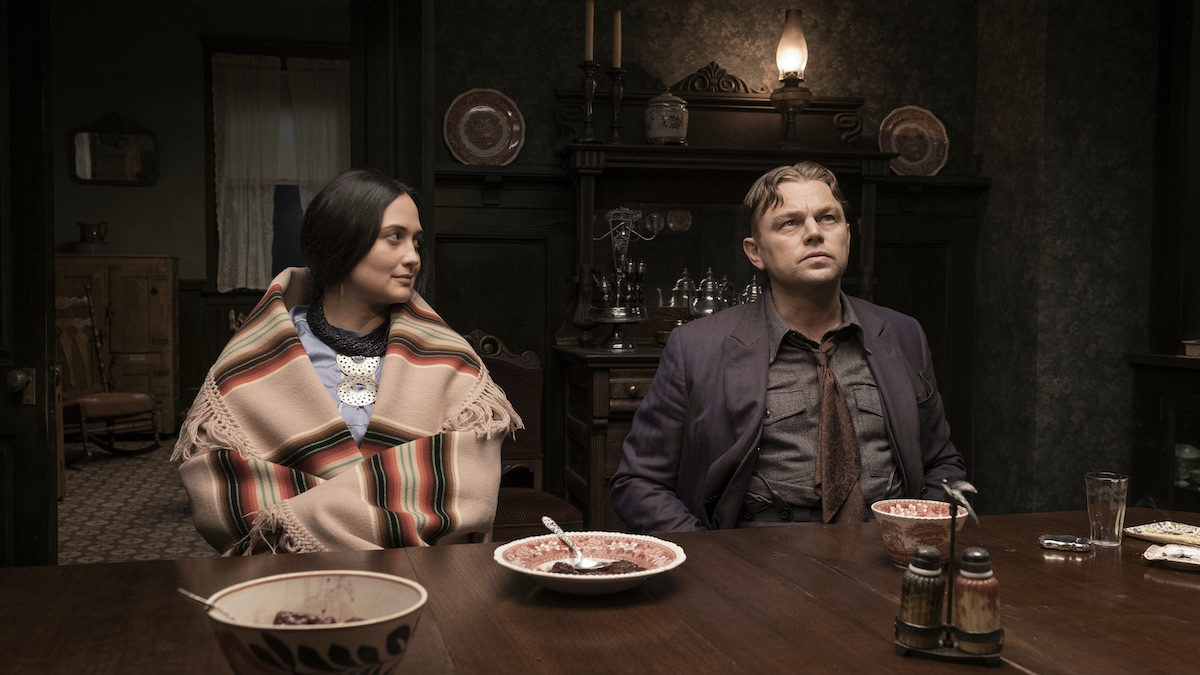
Apple still feels a bit behind with its slate of Apple TV Plus movies.
As with most of the service, there just aren’t that many movies yet. The massive libraries at Netflix, HBO Max, Disney Plus, and more of Apple’s competitors speak for themselves. That’s what a decades-old (or even centuries-old) back catalog can get you.
Where Apple has the advantage of owning its output outright, it’s starting from scratch.
Apple isn’t limited by content deals and rights disputes.
What it makes up for in quantity, though, is prestige. Some titles have been frankly forgettable, but Apple TV Plus movies include some pretty high-profile projects. Rather than competing with Disney Plus’ Marvel Cinematic Universe, or HBO Max’s Warner Bros. archive, Apple is investing in smaller movies with some serious cultural caché.
As well as films like the impressive maritime war film Greyhound — starring Tom Hanks — you’ll find originals like indie darling Sofia Coppola’s On the Rocks. Or the final chapter in Tomm Moore’s animated “Irish Folklore Trilogy,” the visually stunning and moving Wolfwalkers.
Upcoming Apple TV Plus films include Sundance standout CODA, new works by Martin Scorsese and Antoine Fuqua, and an adaptation of Macbeth by Joel Coen of the Coen Brothers.
Standout documentary films
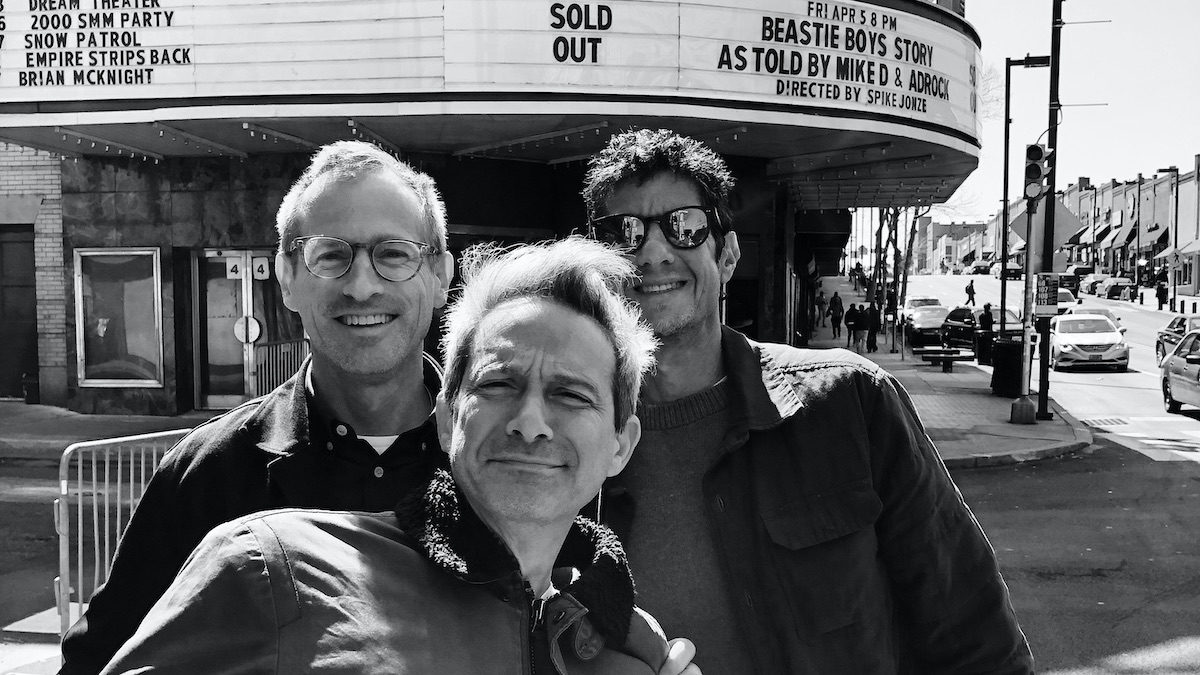
Apple TV Plus movies also features a small yet mighty documentary section.
Launching with the award-winning The Elephant Queen, Apple has distinguished itself with some powerful nature documentaries. With those has come popular festival fare like Boys State and Dads.
With a history of putting out new music via iTunes and Apple Music, Apple TV Plus was primed to dominate with music docs.
Building on its reputation as a home for music content, Apple TV Plus has also put out some great music docs. These include Beastie Boys Story, Billie Eilish: The World’s a Little Blurry, and the upcoming The Velvet Underground.
The future of streaming?
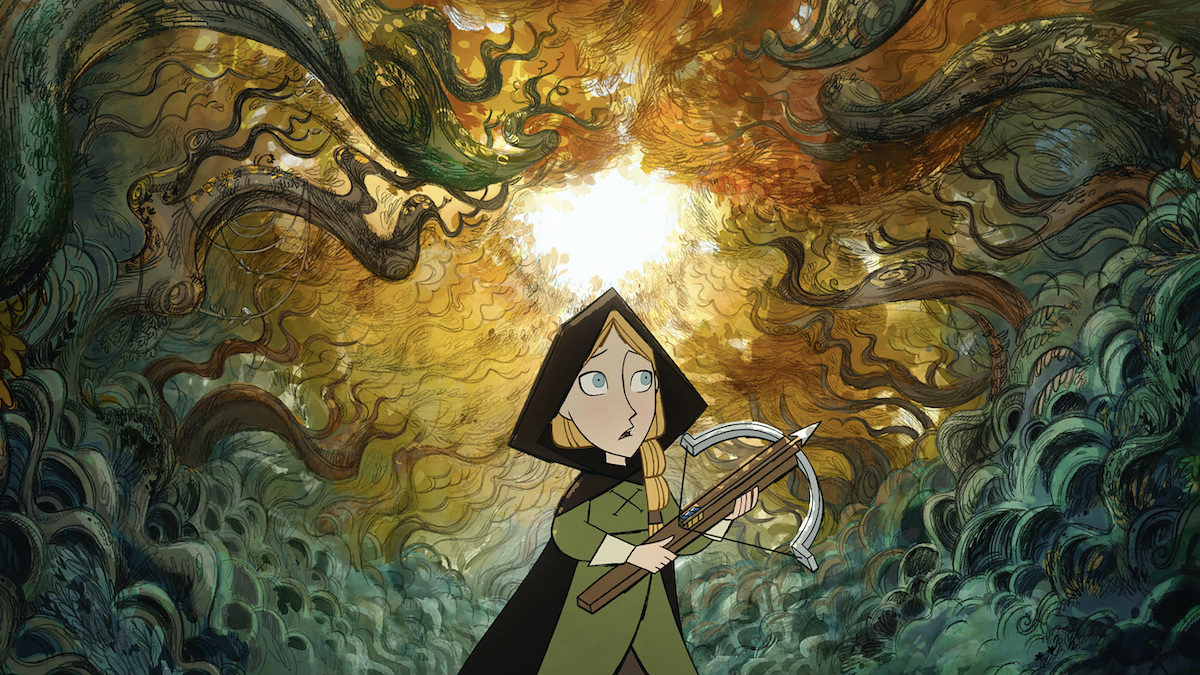
It doesn’t quite feel like Apple TV Plus has broken through yet. Individual shows have made a mark. Sometimes a huge mark. The Morning Show’s first season earned eight Emmy nominations, with actor Billy Crudup taking a supporting actor prize. Ted Lasso topped that with 20 nominations and has become Apple’s breakaway hit.
Apple TV Plus is still a pretty niche, almost boutique streamer at this stage, but that’s what makes it feel like such a strong contender. Other companies keep dumping huge libraries online, curated by lifeless algorithms.
Apple TV Plus vs Netflix: Which one should you pick?
The Apple TV Plus interface isn’t quite up to the standards you’d expect from a global tech empire. And putting subscription content next to pay-per-view VOD titles makes for a bit of a chaotic viewing experience. But on the content side, Apple is dominating, if very slowly.
Maybe with a few more years to develop a bigger library, it’ll finally get the recognition it has already earned.